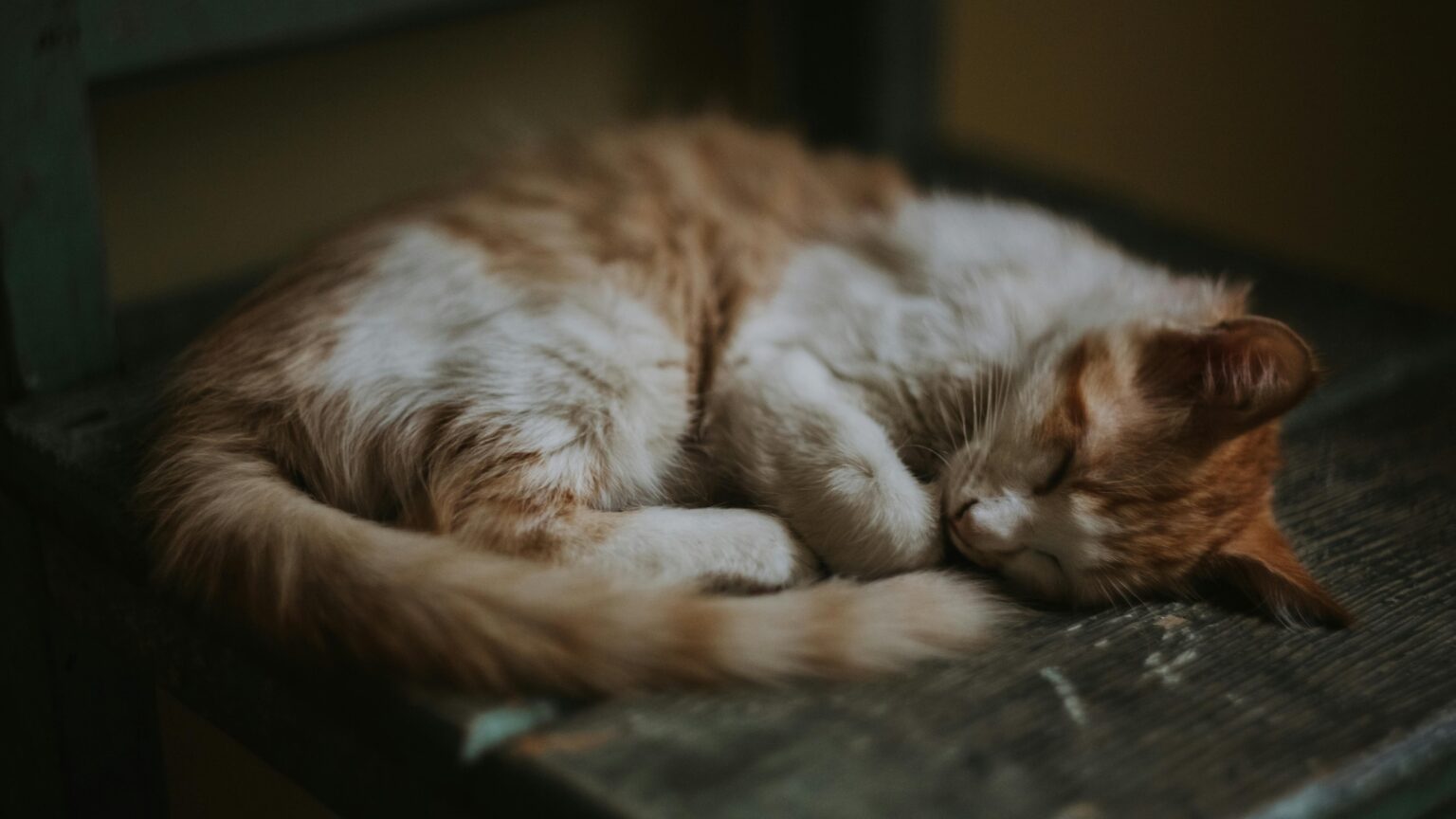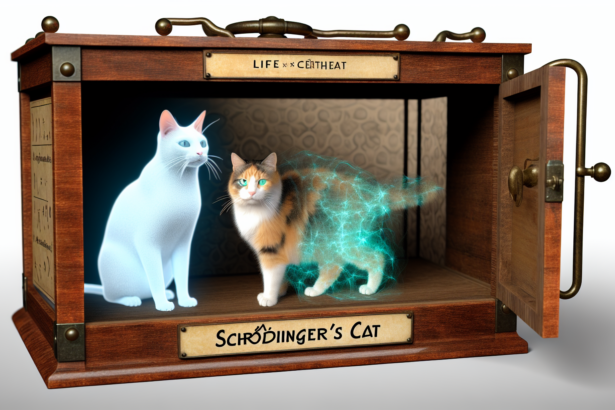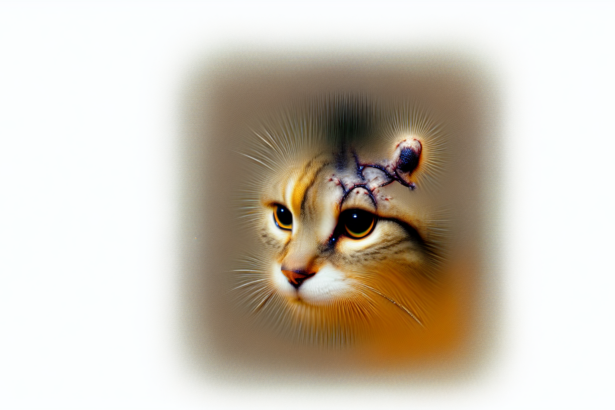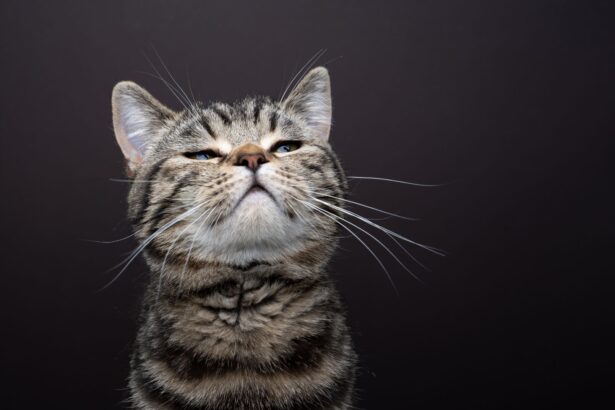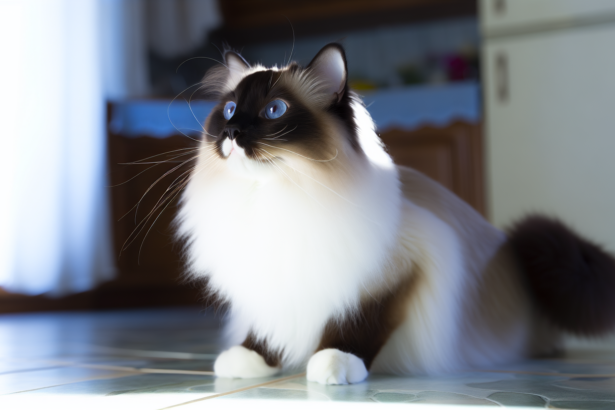Why does my cat vomit? Clearly identifying common causes
Why do cats vomit? It’s a question frequently asked by attentive owners, worried to see their favorite furball in this unglamorous state. Don’t panic, ladies, we’re going to break down the main causes of this little feline inconvenience and find effective solutions to quickly relieve your beloved tomcat.
- Why does my cat vomit? Clearly identifying common causes
- Hairballs: a natural but annoying phenomenon
- Common feeding errors in cats
- Digestive disorders and common cat diseases
- How to effectively prevent vomiting in cats on a daily basis
- Adopt an adapted and balanced diet
- Regularly maintain your cat’s coat
- Maintaining a safe and healthy environment
- Practical and immediate solutions in case of vomiting in cats
- First steps to take immediately
- Natural remedies to soothe your cat
- When to consult a veterinarian in an emergency
- Mistakes to avoid when dealing with cat vomiting
- Never ignore frequent vomiting
- Avoid self-medication without veterinary advice
- Don’t panic: adopt a calm, reassuring attitude
- Conclusion
- FAQ: Frequently asked questions about vomiting in cats
Hairballs: a natural but annoying phenomenon
Our beloved felines spend a good part of every day grooming themselves. The result? They swallow an impressive quantity of hair. These then form balls in the stomach, prompting vomiting to eliminate them.
- Typical symptoms: hair regurgitation, dry cough, temporary loss of appetite.
- When to worry If your cat vomits very frequently or seems to be in pain, consult your vet as soon as possible.
Common feeding errors in cats
Who hasn’t cracked up at Minou’s sweet eyes demanding a piece of cheese or ham? Beware: these little indiscretions can be the direct cause of vomiting.
- Toxic foods: chocolate, onions, garlic, grapes, alcohol. Absolutely avoid!
- Sudden changes in diet: always introduce new food gradually.
- Overeating: watch portion sizes to avoid indigestion.
Digestive disorders and common cat diseases
Sometimes, vomiting can hide more serious health concerns.
- Gastritis: frequent vomiting, loss of appetite, lethargy.
- Intestinal parasites: diarrhea, weight loss, swollen belly.
- Chronic diseases: renal failure, pancreatitis, hyperthyroidism. Veterinary diagnosis is essential.
How to effectively prevent vomiting in cats on a daily basis
Adopt an adapted and balanced diet
Choose a quality food suited to your cat’s age and specific needs. Introduce any dietary changes gradually, over a week or so. Limit treats and avoid table scraps.
Regularly maintain your cat’s coat
Regular brushing (at least twice a week) considerably reduces the formation of hairballs. An original tip: add a teaspoon of coconut oil to your dog’s food once a week, to facilitate the natural evacuation of ingested hair.
Make sure you’re well hydrated, too, to aid digestion.
Maintaining a safe and healthy environment
Avoid at all costs access to toxic plants (such as lilies or philodendrons) and hazardous household products. Reduce stress by creating a quiet corner away from noise and commotion.
A clean litter box is also essential: a stressed cat can easily suffer from digestive problems.
Practical and immediate solutions in case of vomiting in cats
First steps to take immediately
- Observe the frequency and appearance of vomiting.
- Put your cat on an empty stomach for up to 12 hours, leaving fresh water available.
- Gradually reintroduce a light, easily digestible diet.
Natural remedies to soothe your cat
- Catnip: aids digestion and hair removal.
- Probiotics: restore intestinal balance naturally.
- Green clay: for occasional use (a pinch in drinking water) to calm digestive problems.
When to consult a veterinarian in an emergency
If your cat shows any of these symptoms, go to the vet immediately:
- Persistent or violent vomiting.
- Presence of blood in vomit.
- Depression, fever, total refusal to eat.
The veterinarian can carry out additional tests (blood tests, ultrasound scans) and prescribe appropriate treatment.
Mistakes to avoid when dealing with cat vomiting
Never ignore frequent vomiting
Ignoring these signs may aggravate any underlying pathology. Keep a small health diary to record the frequency and circumstances of vomiting.
Avoid self-medication without veterinary advice
Be careful, giving your cat human medication can be very dangerous. Always consult a veterinarian before administering any treatment.
Don’t panic: adopt a calm, reassuring attitude
Your stress can exacerbate your cat’s stress. Use a gentle voice, reassure your cat with petting and create a calm environment to help your cat recover.
Conclusion
Understanding why cats vomit is essential to taking effective action and preserving their health. By adopting the right diet, keeping an eye on their environment and knowing how to react quickly, you can give your feline companion a healthier, more serene life. To find out more, discover other practical advice and health tips on our Pawtounes.fr blog.
FAQ: Frequently asked questions about vomiting in cats
Why does my cat vomit after eating?
Often due to swallowing too quickly or eating the wrong food. Break up your meals and choose a quality diet.
How can I tell if my cat’s vomiting is serious?
If vomiting is frequent, accompanied by blood, fever or depression, consult your vet immediately.
What foods should cats avoid to prevent vomiting?
Avoid chocolate, garlic, onions, grapes, excess dairy products, and any fatty or spicy human foods.
When should I consult a vet if my cat is vomiting?
If vomiting persists for more than 24 hours, is violent, contains blood or if your cat displays other worrying symptoms.
For more in-depth information, check out this reliable veterinary resource on feline digestive disorders fromCornell University.


